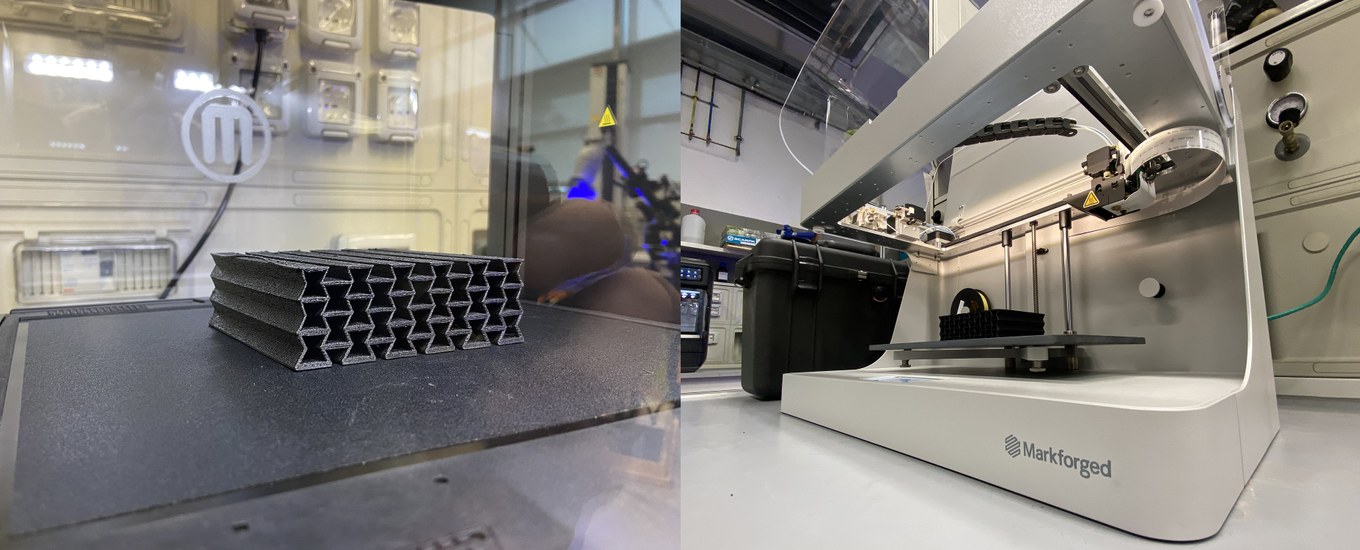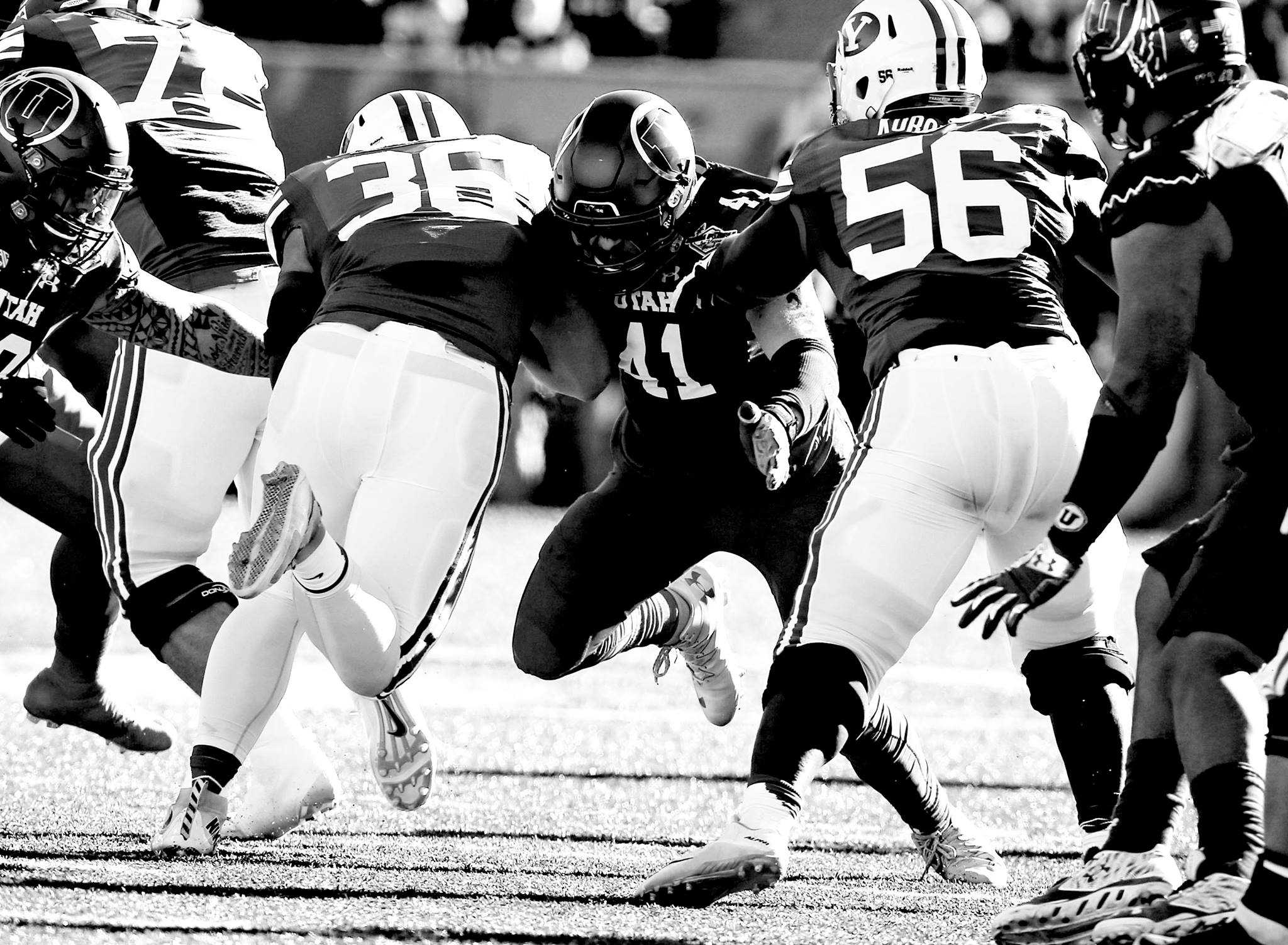Introduction
In the realm of sports, where every millisecond counts and every movement can make a difference between victory and defeat, technology has become increasingly vital. Sports Technology Labs have emerged as pioneering hubs where innovation meets athleticism. These labs are shaping the future of sports and revolutionizing how athletes train, compete, and recover.
Evolution of Sports Technology
Early Innovations
The journey of sports technology traces back to rudimentary tools used for measurement and analysis. From the simple stopwatch to basic fitness trackers, early innovations laid the foundation for what was to come.
Modern Advancements
In recent decades, sports technology has undergone a metamorphosis. Cutting-edge equipment, sophisticated sensors, and advanced analytics have transformed the landscape of athletic performance. Today, sports labs boast state-of-the-art facilities equipped with the latest advancements in technology.
Importance of Sports Technology Labs
Performance Enhancement
Sports technology labs play a pivotal role in enhancing athletes’ performance. Through comprehensive analysis of biomechanics, physiology, and technique, these labs provide valuable insights that enable athletes to optimize their training regimens and maximize their potential.
Injury Prevention
One of the primary concerns in sports is the risk of injury. Sports technology labs employ various tools and techniques to assess injury risk factors, identify potential vulnerabilities, and implement preventive measures, thereby reducing the likelihood of injuries and ensuring athletes’ longevity in their careers.
Data Analysis
In the era of big data, analytics reign supreme. Sports technology labs leverage data-driven insights to fine-tune strategies, identify patterns, and make informed decisions. Whether it’s analyzing performance metrics or monitoring recovery patterns, data analysis is integral to the success of athletes and teams.
Key Technologies Used in Sports Labs
Wearable Devices
Wearable technology has revolutionized the way competitors track and screen their execution. From fitness trackers to smart apparel embedded with sensors, wearable devices provide real-time data on various parameters such as heart rate, movement patterns, and exertion levels.
Biomechanical Analysis
Biomechanics plays a crucial role in understanding human movement and optimizing athletic performance. Sports technology labs utilize motion capture systems, force plates, and 3D modeling to analyze biomechanical parameters, identify inefficiencies, and refine techniques for optimal performance.
Virtual Reality (VR)
Virtual reality has risen as a game-changer in sports preparation and recreation. By immersing athletes in realistic virtual environments, VR enables them to practice scenarios, visualize strategies, and refine their skills in a safe and controlled setting, enhancing their performance on the field.
Artificial Intelligence
Artificial intelligence is revolutionizing sports analytics and decision-making. With machine learning algorithms and predictive modeling, AI enables sports technology labs to analyze vast amounts of data, uncover hidden insights, and develop personalized training programs tailored to individual athletes’ needs.
Applications of Sports Technology Labs
Professional Sports
In professional sports, where margins of victory are razor-thin, the role of sports technology labs is indispensable. Teams invest heavily in cutting-edge technology to gain a competitive edge, whether it’s analyzing opponents’ strategies, optimizing player performance, or preventing injuries.
Amateur Sports
While professional athletes may have access to state-of-the-art facilities, sports technology labs are not limited to elite sports. Amateur athletes, recreational enthusiasts, and fitness enthusiasts can also benefit from the advancements in sports technology, enhancing their training experience and improving their performance.
Rehabilitation
Injuries are an inevitable part of sports, but rehabilitation plays a crucial role in ensuring athletes’ speedy recovery and return to play. Sports technology labs employ innovative rehabilitation techniques, such as augmented reality-assisted therapy and biofeedback training, to facilitate recovery and rehabilitation processes.
Challenges in Sports Technology
Privacy Concerns
With the proliferation of wearable devices and tracking technologies, privacy concerns have become a significant issue in sports technology. Athletes’ data, including biometric information and performance metrics, raise questions about data security, ownership, and consent.
Cost of Implementation
While sports technology offers immense potential, the cost of implementation can be prohibitive for many organizations, particularly smaller teams and clubs. Investing in state-of-the-art equipment, hiring specialized personnel, and maintaining infrastructure require substantial financial resources, posing challenges for widespread adoption.
Ethical Dilemmas
Sports technology’s ethical suggestions raise questions about decency, astuteness, and the soul of competition. From performance-enhancing drugs to technological enhancements, the line between enhancement and exploitation is blurred, prompting debates on what constitutes a level playing field.
Future Trends in Sports Technology
Integration of IoT
The Internet of Things (IoT) is poised to revolutionize sports technology by enabling seamless connectivity and real-time data exchange. From smart equipment embedded with sensors to interconnected training environments, IoT promises to usher in a new era of personalized, data-driven training experiences.
Personalized Training
As technology continues to advance, the future of sports training lies in personalization. From customized training programs based on individual preferences and performance data to real-time feedback and adaptive coaching, personalized training will empower athletes to reach their full potential.
Enhanced Fan Experience
Beyond the realm of athletes, sports technology is also transforming the fan experience. From immersive VR experiences to interactive analytics platforms, fans can engage with their favorite sports in new and exciting ways, blurring the lines between spectators and participants.
Conclusion
Sports technology labs represent the intersection of innovation, athleticism, and data-driven insights. From enhancing performance and preventing injuries to shaping the future of sports, these labs play a pivotal role in maximizing athletes’ potential and revolutionizing the way we experience sports.











One thought on “Sports Technology Labs: Order Tracking & Tech Stack”